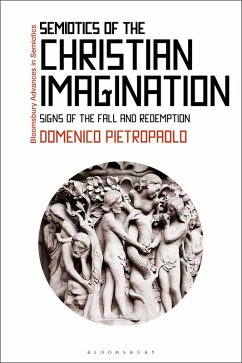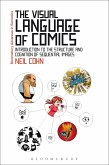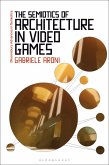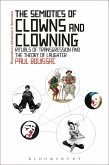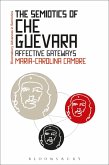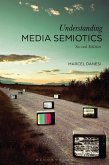The semiotics of the Christian imagination describes the repository of signs and the logic of signification through which a community of faith envisions spiritual truths. This book analyses various examples in text, images, music, art and scientific treatise of the imaginative semiotisation of the fall of Man and the Church's semiotic perception of the Divine plan for Redemption.
The book includes a chapter detailing the theory of signs, based on a close reading of primary sources, and has nine further chapters on the meaning-making inherent in ideas of the Fall and Redemption of mankind. These are filtered through and given material representation by the semiotic paradigms of various cultural fields, including philology, verbal arts and science.
Central to this practice - and to the book's message - are two themes of theological semiotics fundamental to man's understanding of himself in the larger scheme of things. Two of these include the theology of the Fall and a sacramental theory of signs. The theory is grounded in the doctrine of analogy, and this is the only reliable cognitive link between the immanence of the thinking subject and the transcendence that is the object of thought.
The book includes a chapter detailing the theory of signs, based on a close reading of primary sources, and has nine further chapters on the meaning-making inherent in ideas of the Fall and Redemption of mankind. These are filtered through and given material representation by the semiotic paradigms of various cultural fields, including philology, verbal arts and science.
Central to this practice - and to the book's message - are two themes of theological semiotics fundamental to man's understanding of himself in the larger scheme of things. Two of these include the theology of the Fall and a sacramental theory of signs. The theory is grounded in the doctrine of analogy, and this is the only reliable cognitive link between the immanence of the thinking subject and the transcendence that is the object of thought.

